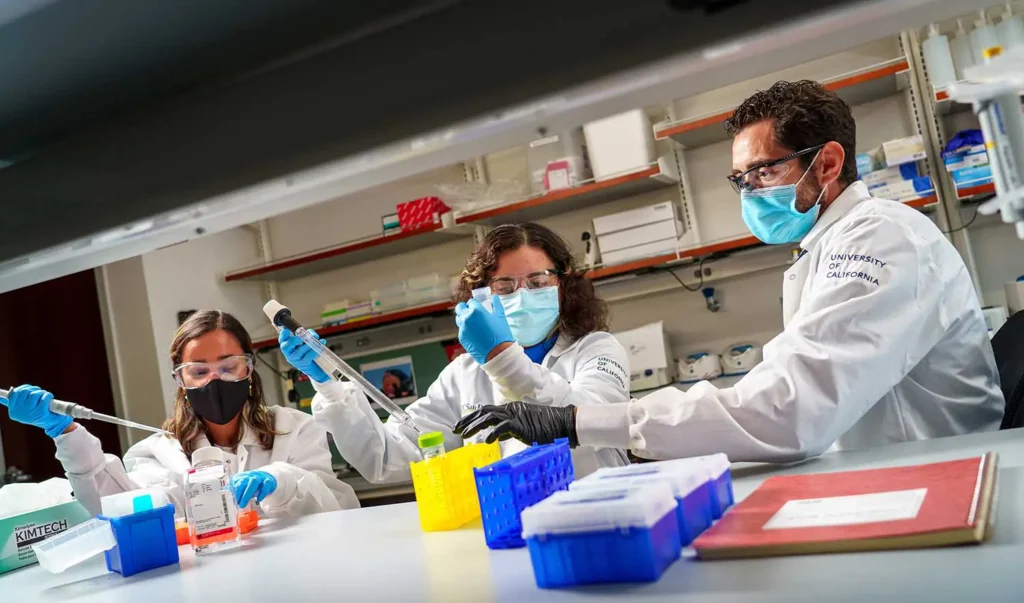Cardiology is a medical field focused on the diagnosis, treatment, and prevention of conditions related to the heart and blood vessels. With advancements in technology and understanding of cardiovascular health, cardiology has become a rapidly evolving discipline. Researchers and healthcare providers continuously improve tools and methods to manage heart health, emphasizing patient well-being and scientific precision.
What Conditions Does Cardiology Treat?
Cardiology specialists focus on a wide range of conditions that impact heart function and circulation within the body. These conditions may arise from genetic factors, lifestyle choices, or environmental influences. Some of the more prominent conditions include:
- Coronary Artery Disease (CAD): CAD occurs when the arteries supplying blood to the heart become narrowed or blocked due to plaque buildup. This condition may lead to chest pain or, in severe cases, heart attacks.
- Heart Failure: Heart failure is a condition where the heart’s ability to pump blood effectively is reduced, resulting in symptoms such as fatigue, fluid buildup, and breathing difficulties.
- Arrhythmias: These are irregularities in the rhythm of the heart, such as a rapid heartbeat or a slow heartbeat.
- Hypertension: Also known as high blood pressure, this condition increases the risk of heart disease and other cardiovascular complications.
By addressing these and other conditions, cardiologists aim to preserve heart function and overall health through tailored care and interventions.
How Are They Diagnosed?
Accurate diagnosis is the first step in determining an appropriate treatment plan. Cardiologists begin with an evaluation of a patient’s medical history, lifestyle, and symptoms. This discussion provides insights into potential risk factors, such as family history, smoking status, physical activity levels, and dietary habits. Diagnostic tools may also be implemented, such as:
- Electrocardiogram (ECG): The ECG records the electrical activity of the heart, helping detect arrhythmias, past heart attacks, and other abnormalities.
- Echocardiogram: This imaging test uses sound waves to produce a detailed picture of the heart’s structure and function, including valve performance and blood flow.
- Stress Testing: Stress tests assess how the heart performs under physical exertion.
- Angiography: Using a catheter inserted into blood vessels, this test involves injecting a dye to make arteries visible in X-ray imaging, revealing blockages or narrowing.
With technological advancements, cardiologists can now diagnose conditions earlier and with greater precision, paving the way for timely interventions.
How Are They Treated?
The treatment of heart conditions depends on specific diagnoses, severity, and patient factors. Strategies may include lifestyle changes, medications, non-invasive procedures, or surgical interventions. Modifiable lifestyle factors often play a significant role in managing cardiovascular health. Cardiologists might recommend adopting a heart-healthy diet, increasing physical activity, limiting alcohol intake, and quitting smoking. These adjustments complement other forms of treatment and reduce the risk of complications. Cardiologists and cardiac surgeons may perform procedures to address specific conditions when necessary. Technological advancements, such as minimally invasive techniques and robotic-assisted surgeries, continue to improve outcomes and recovery times for cardiovascular treatment.
Speak Further With a Cardiologist
Advancements in cardiology continue to transform the landscape of cardiovascular care, providing patients with more precise diagnoses and effective treatments than ever before. Whether addressing common conditions like high blood pressure or complex congenital heart defects, cardiologists play a pivotal role in promoting heart health. If you wish to learn more about safeguarding your heart or managing existing conditions, speaking directly to a cardiologist is an invaluable step. Expert guidance tailored to your needs can help you explore solutions and achieve better overall health.

